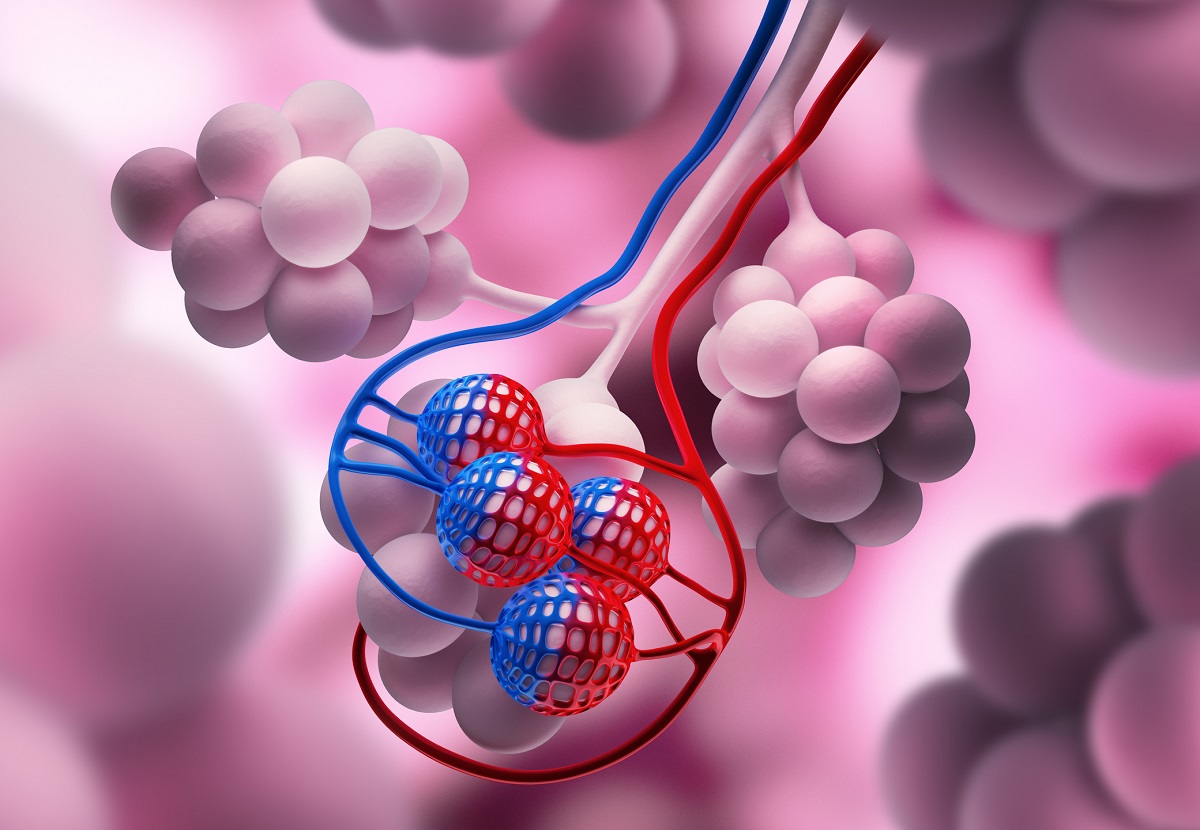KEY TAKEAWAYS
- The study aimed to investigate the roles of naïve and differentiated CD4+ T cells in lung adenocarcinoma.
- Researchers noticed that targeting CD4+ T cell roles could enhance anti-cancer therapies.
Naïve CD4+ T cells and their differentiated counterparts play a significant regulatory role in the tumor immune microenvironment, yet their effects on lung adenocarcinoma (LUAD) are not fully understood.
Runze Liu and the team aimed to assess the roles of naïve and differentiated CD4+ T cells in LUAD and elucidate their potential as targets for enhancing anti-cancer strategies.
They performed an inclusive analysis using Mendelian randomization to evaluate the causal association between naïve CD4+ T cells and LUAD. They employed a modified single-sample Gene Set Enrichment Analysis (ssGSEA) algorithm with The Cancer Genome Atlas (TCGA) database to assess the infiltration levels of naïve CD4+ T cells and their differentiation subtypes in LUAD patients.
The correlation between these cell subsets and clinical characteristics was investigated. Potential regulatory pathways of T helper cells were identified through Mantel tests and Kyoto Encyclopedia of Genes and Genomes (KEGG) database enrichment analysis.
The Mendelian randomization analysis indicated that naïve CD4+ T cells have an inhibitory effect on LUAD (false discovery rate < 0.05), a finding supported by observational data from the TCGA database. T helper cell type 2 was found to promote LUAD, affecting overall, disease-free, and progression-free survival (P < 0.05).
Conversely, regulatory T cells showed a protective effect on LUAD, particularly in disease-specific survival (P < 0.01). Additionally, the study identified that naïve CD4+ T cell differentiation subtypes were associated with upregulation of pathways involved in neutrophil degranulation, MAPK signaling, and platelet activation and aggregation.
The study concluded that naïve CD4+ T cells and their differentiated counterparts have crucial regulatory roles in the tumor immune microenvironment, exhibiting bidirectional effects. Understanding these mechanisms and developing novel agents to induce cell differentiation could enhance anti-cancer therapies.
This study was funded by the CSCO-Pilot Cancer Research Fund (NO.Y-2019AZZD-0352); Shandong Province Natural Science Foundation innovation and development joint fund project (NO. ZR2022LZL008).
Source: https://pubmed.ncbi.nlm.nih.gov/39175022/
Liu R, Yang G, Guo H, et al. (2024). “Roles of naïve CD4+ T cells and their differentiated subtypes in lung adenocarcinoma and underlying potential regulatory pathways.” J Transl Med. 2024;22(1):781. Published 2024 Aug 22. doi:10.1186/s12967-024-05530-y



